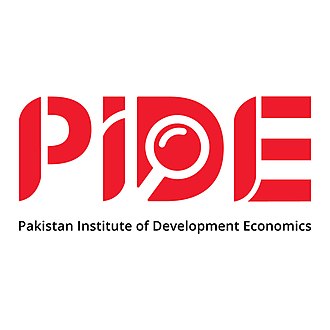36th AGM and Conference of PSDE
Charter of Economy
Investment, Productivity & Employment
November 22-24, 2022
Assessing graduates’ readiness for jobs of today and tomorrow
Zahid Asghar
School of Economics
Quaid-i-Azam University, Islamabad zasghar@qau.edu.pk
zahedasghar
zahidasghar.com
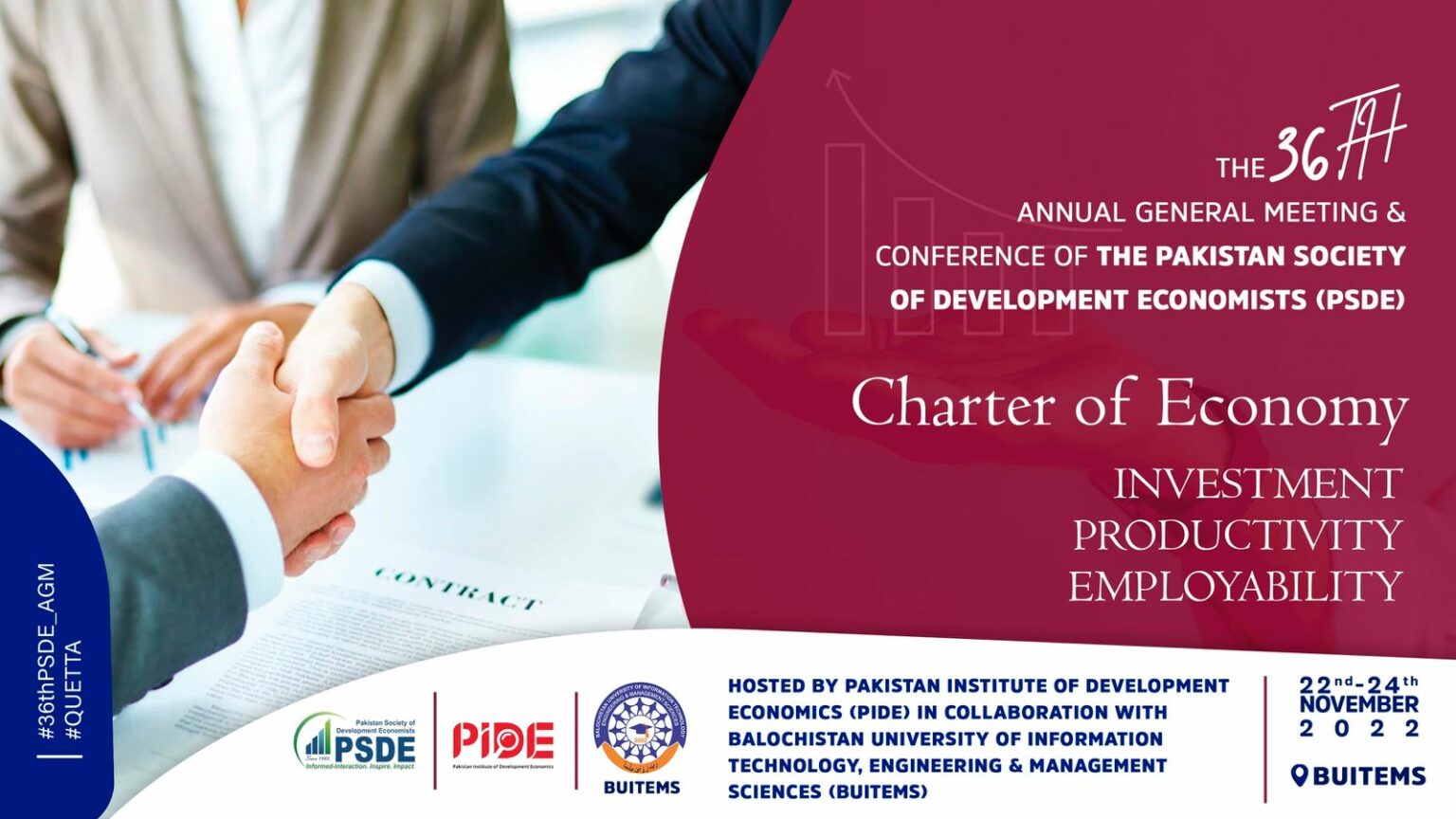
Research Questions
Whether our graduates are well equiped with skills for jobs of today and tomorrow?
What type of learning eco-system can enable higher education institutions to prepare graduates work ready and continuous learners
3rd decade of the 21st century is being characterized as the ‘Talent wars’ perhaps eclipsing the conflict for resources, ideology, territory etc. Talent flows to the highest bidder. Talent thrives in economic and competitive environments. Israel and Japan living examples of our times.


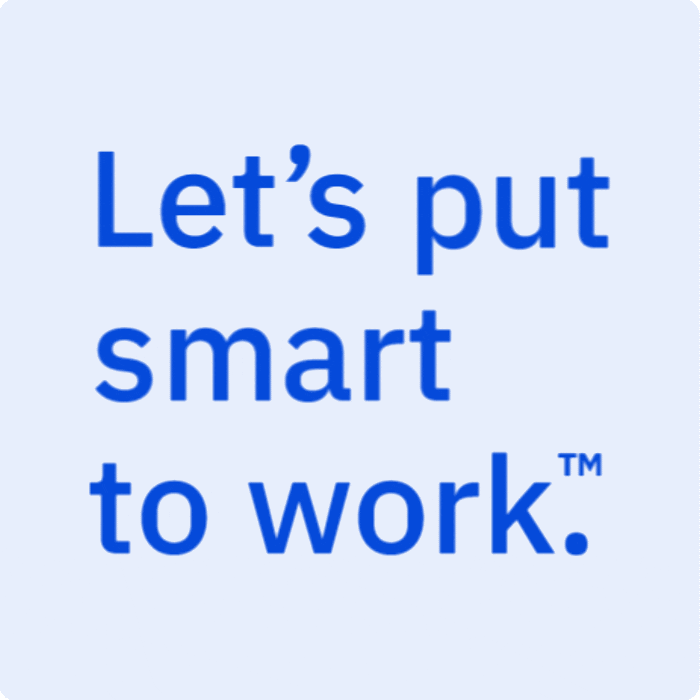
Reskilling and Upskilling
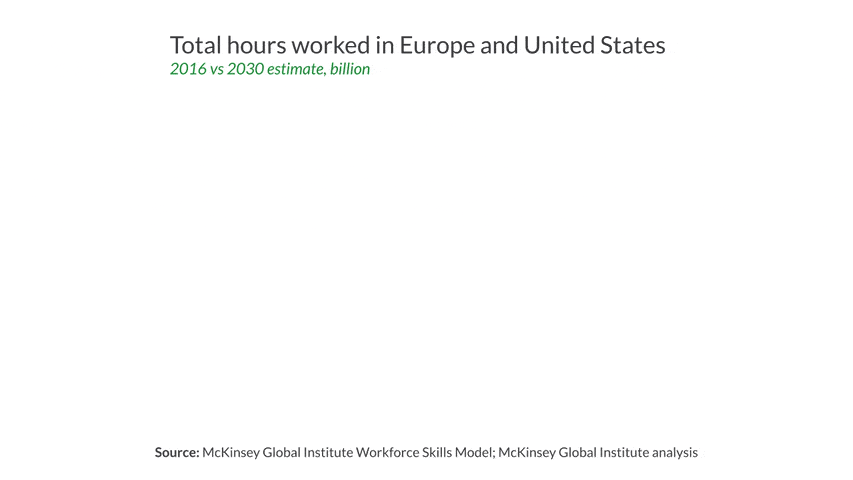
The Work of the Future David Autor
Enabling workers to remain productive in a continuously evolving workplace requires empowering them with excellent skills programs at all stages of life—in primary and secondary schools, in vocational and college programs, and in ongoing adult training programs.
According to Robert Solow (2022 Prefeace The Work of the Future)
Maintaining a skilled and adaptable labor force : productivity.
Easy access to education can function as an equalizing factor, although it is pretty clear that it does not perform this function very well in the US.
Challenges
youth bulge, unemployment, low economic growth
Lower productivity, stagnant output
Traditional skills
Universities : Business as usual
Shift from old paradigm to new paradigm
New learning ecosystem
Chasm between skills required and skill prevailing
Digital revolution, gig economy and Silicon Valley era
Employers placing higher values on work ready graduates
Firms : buying talent instead of investing in talent
Questions
What sort of skilling and reskilling may help our burgeoning young population and labor force to unlock its potential?
How , what types and where long-term investment be made by the institutions in skilling, reskilling and upskilling of youth and working population should be made?
Pakistan
36% Pakistani Population under 14 years (WDI)
64% Pakistani Population under age 30 years
skill-biased technical change
- Skill inequality gap
Opportunities to excel but requires skills
25 million aged 17-25, universities catering 2.5-3 million
Skill inequality gap based on degree and its quality is huge
Haque and Nayab (2022)
“Are we prepared for this new world? Our education system our governance system all need to be realigned if we are to meet this new world. Many new opportunities will open only if the economy and the policy are both seriously reimagined.”
Survey Results
| Characteristic | N = 2741 |
|---|---|
| program | |
| BS | 107 (40%) |
| MPhil | 112 (42%) |
| Other | 20 (7.5%) |
| PhD | 28 (10%) |
| Unknown | 7 |
| 1 n (%) | |
| Table 2: Awareness about AI, ML, Robotics and other disruption in future jobs | ||
|---|---|---|
| Response | n | %age |
| No , not yet | 19 | 6.9 |
| Probably, I'm not sure | 30 | 10.9 |
| Yes to a great extent | 21 | 7.7 |
| Yes to some extent | 69 | 25.2 |
| No answer | 135 | 49.3 |
| Table 3: How prepared one feels for job entry | ||||||
|---|---|---|---|---|---|---|
| How do you feel | Overall | BS | Mphil | PhD | Male | Female |
| Bored | 2.6 | 0.9 | 4.5 | 3.6 | 4.3 | 0.8 |
| confident | 37.0 | 41.0 | 37.0 | 29.0 | 47.0 | 26.0 |
| Excited | 13.0 | 15.0 | 12.0 | 14.0 | 9.4 | 17.0 |
| I know exactly what I want | 11.0 | 15.0 | 6.3 | 21.0 | 9.4 | 14.0 |
| Ready | 7.8 | 8.4 | 9.0 | 7.1 | 5.8 | 10.0 |
| Worried | 27.0 | 20.0 | 32.0 | 25.0 | 24.0 | 32.0 |
| Unknown | 0.0 | 0.0 | 0.0 | 0.0 | 0.0 | 0.0 |
Skills strengths

Chi-square

Career counseling
Do you think choice of degree would have been better if you were provided career counseling before admission to a university?
| Response | %age |
|---|---|
| Yes | 68.8% |
| No | 13.4% |
| Maybe | 17.9% |
Do you think career counseling be mandatory?
| Response | % response |
|---|---|
| Strongly agree | 67.5% |
| Agree | 26.3% |
| Nuetral | 5.5% |
| Disagree | 0.7% |
| Strongly Disagree | 0% |
Average earnings per month in USD by qualification
| Qualification | Earnings (USD) |
|---|---|
| Matric | 165.54 |
| Intermediate | 156.76 |
| Bachelor | 198.94 |
| Masters | 117.54 |
| PhDs | 350.00 |
Universities’ Role
Learning Ecosystem
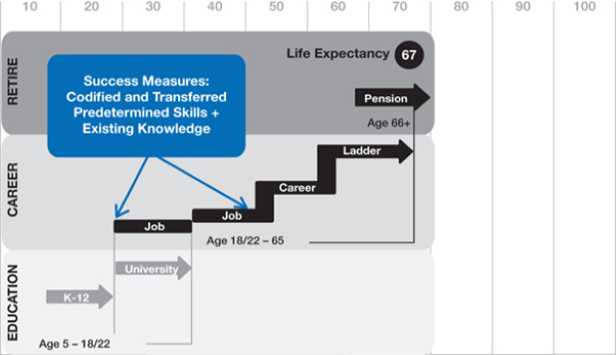
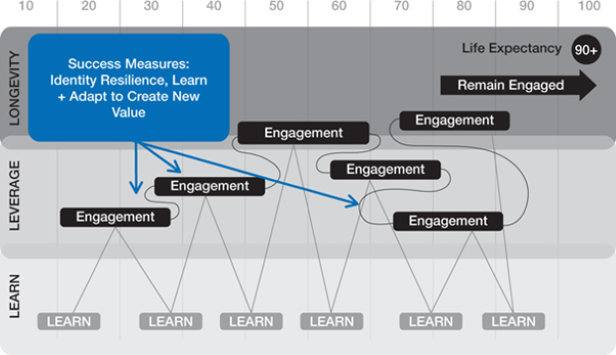
Key Recommendations:
Weise(2020) Long Life Learning
“If we want to move from a future we dont want to a future we want, we have to consciously practice bold thinking to achieve the desired future.”
Expose graduates to a wide variety of skills, mentor them on reliable resources to learn/strengthen soft skills, and enable them to move on a continuous learning path.
Create opportunities for working learners for re-skilling and up-skilling through a flexible learning system.
Switch from factory forced model(where time is fixed but learning is variable) to fix learning outcomes with time as variable.
